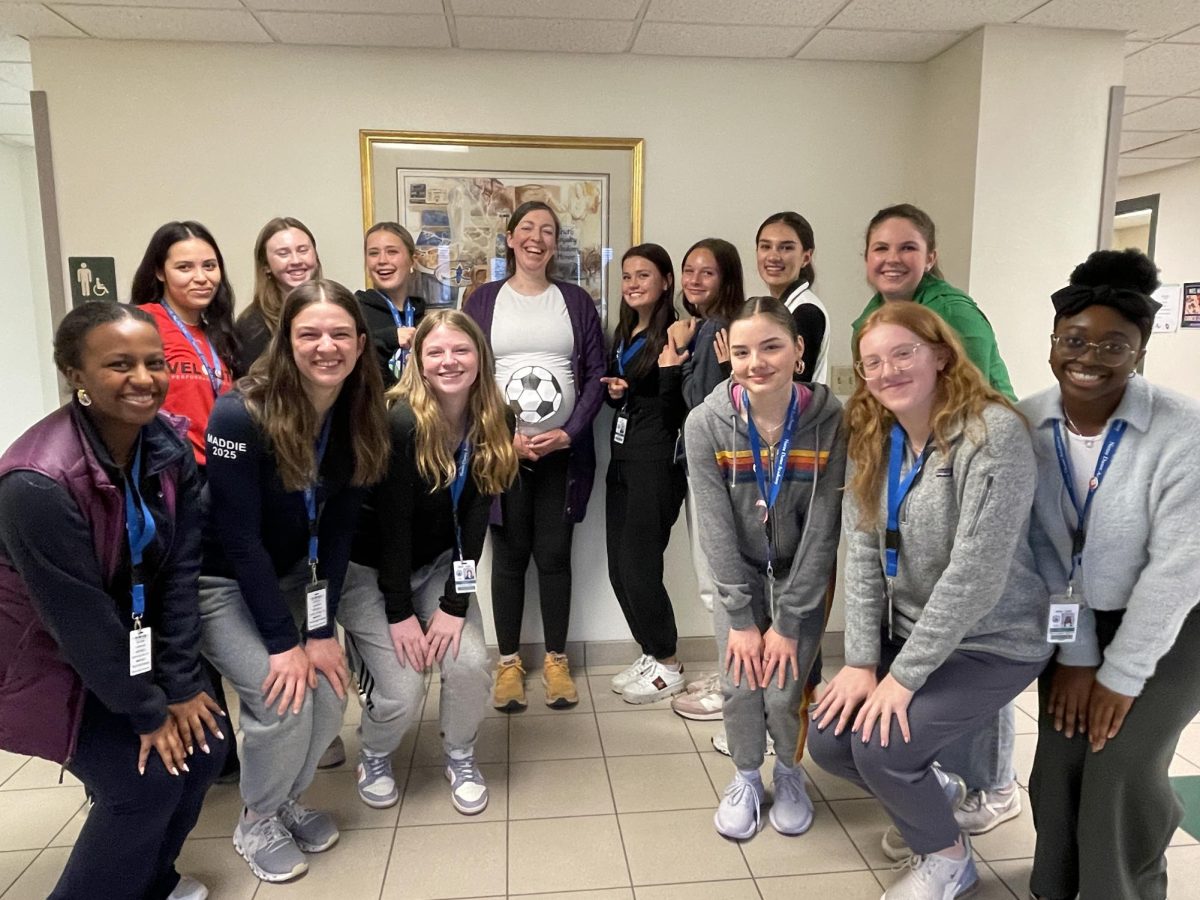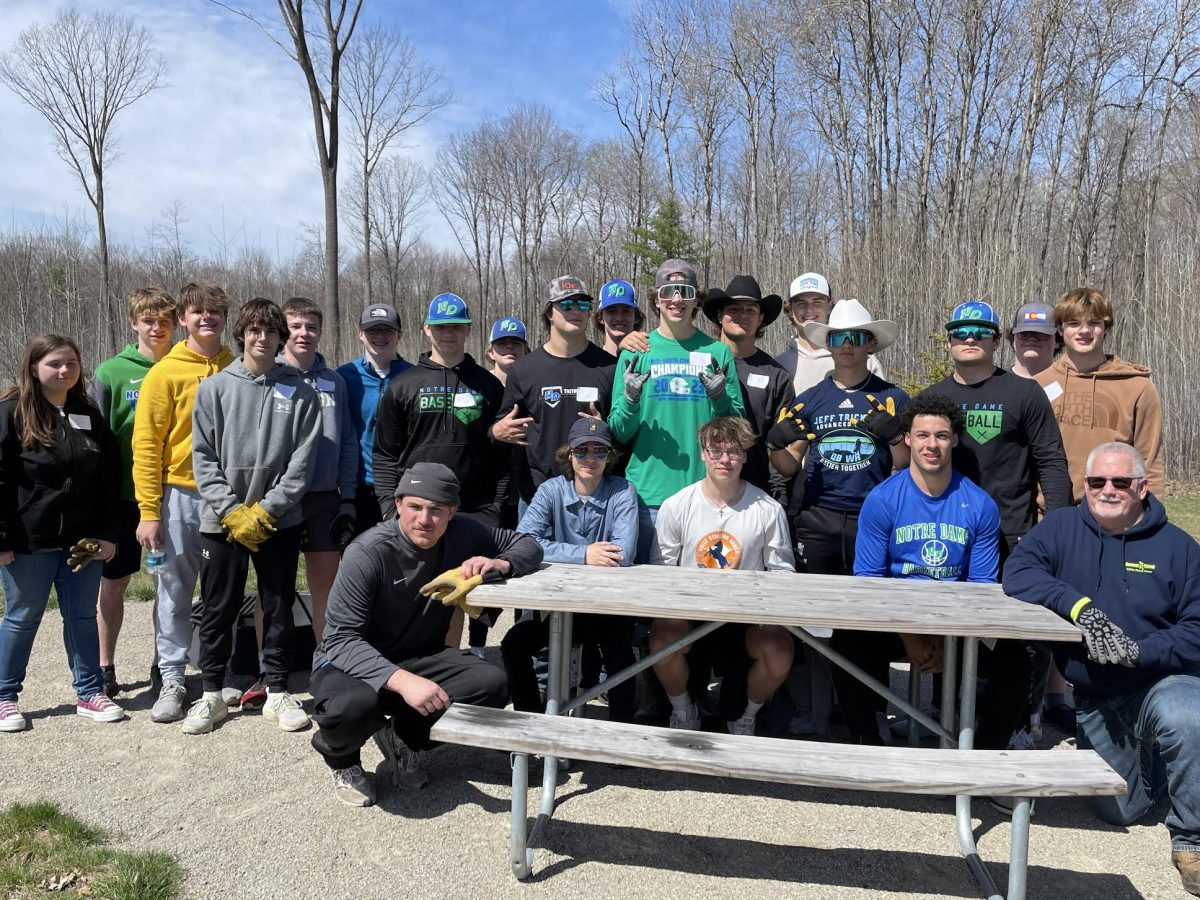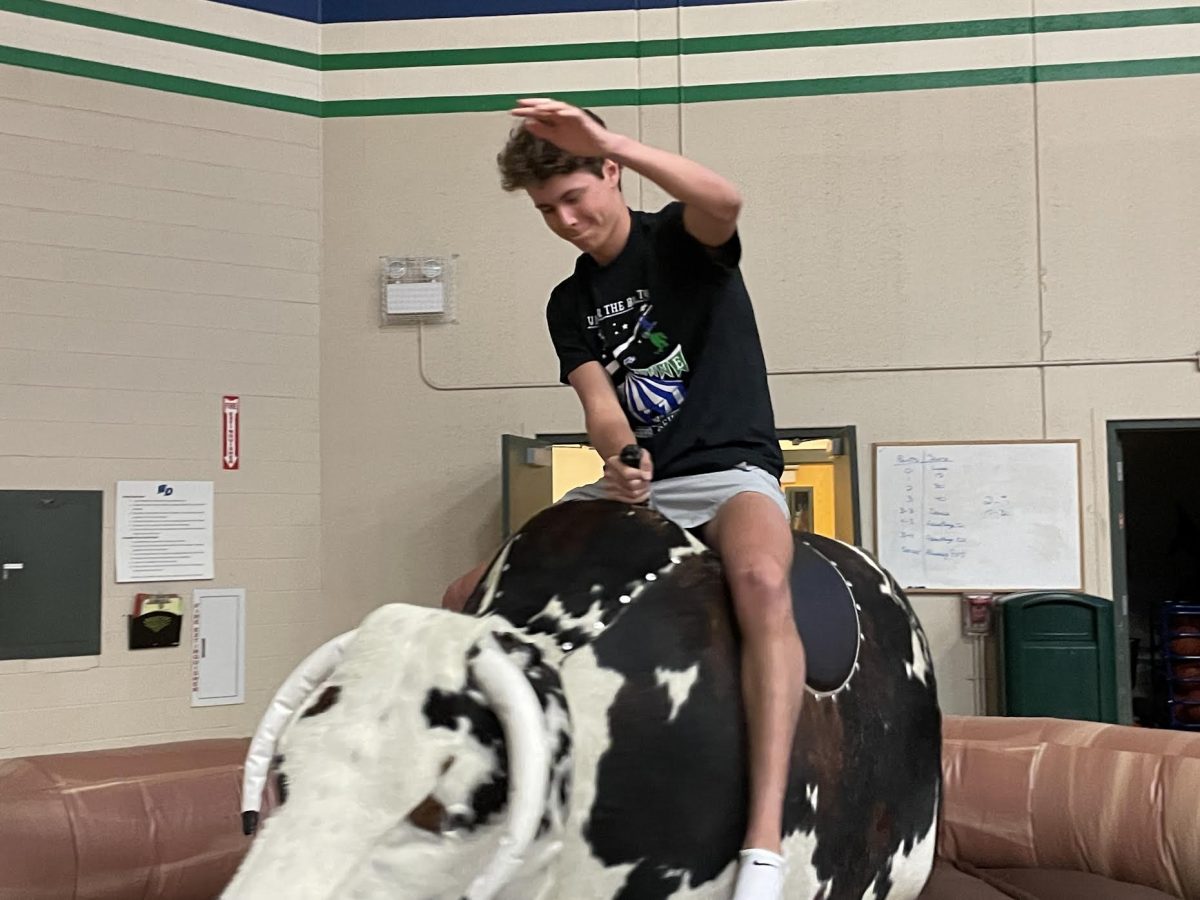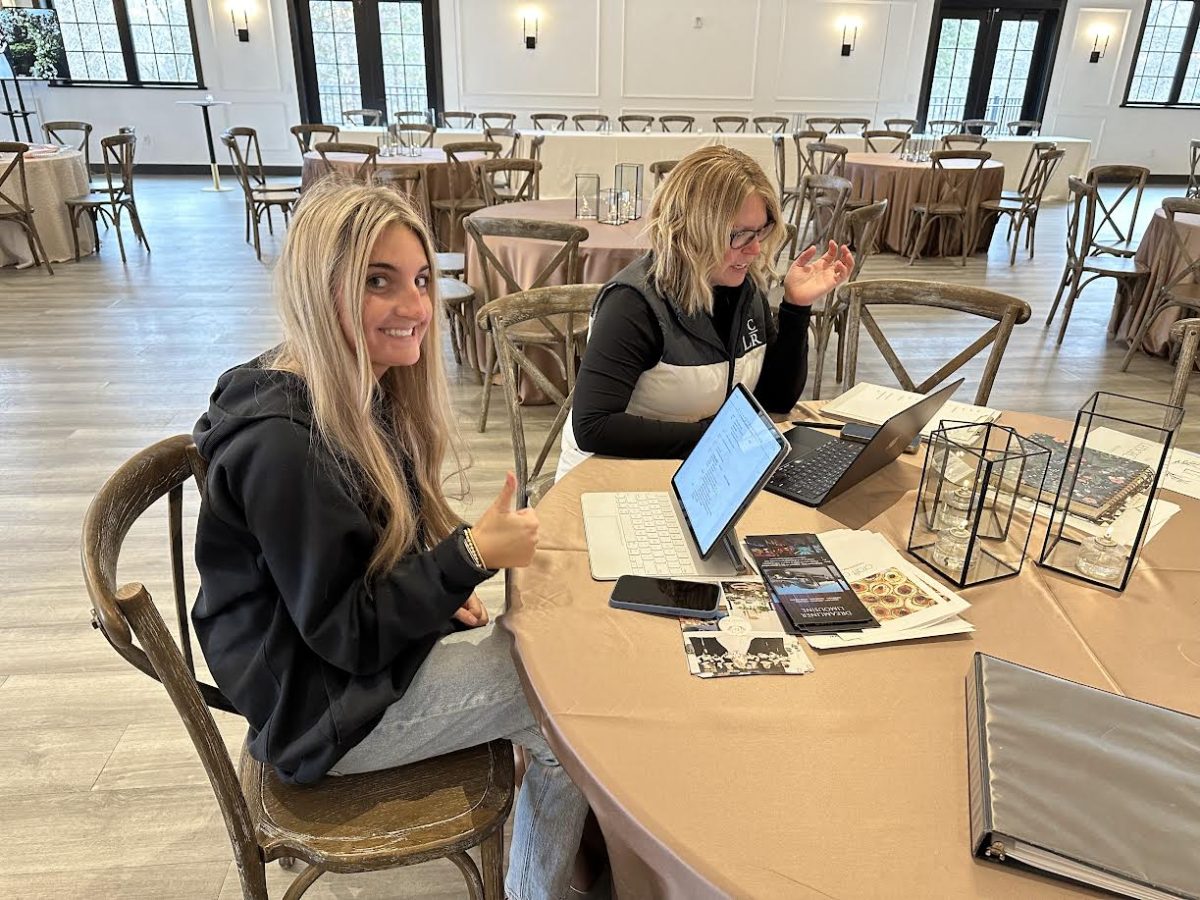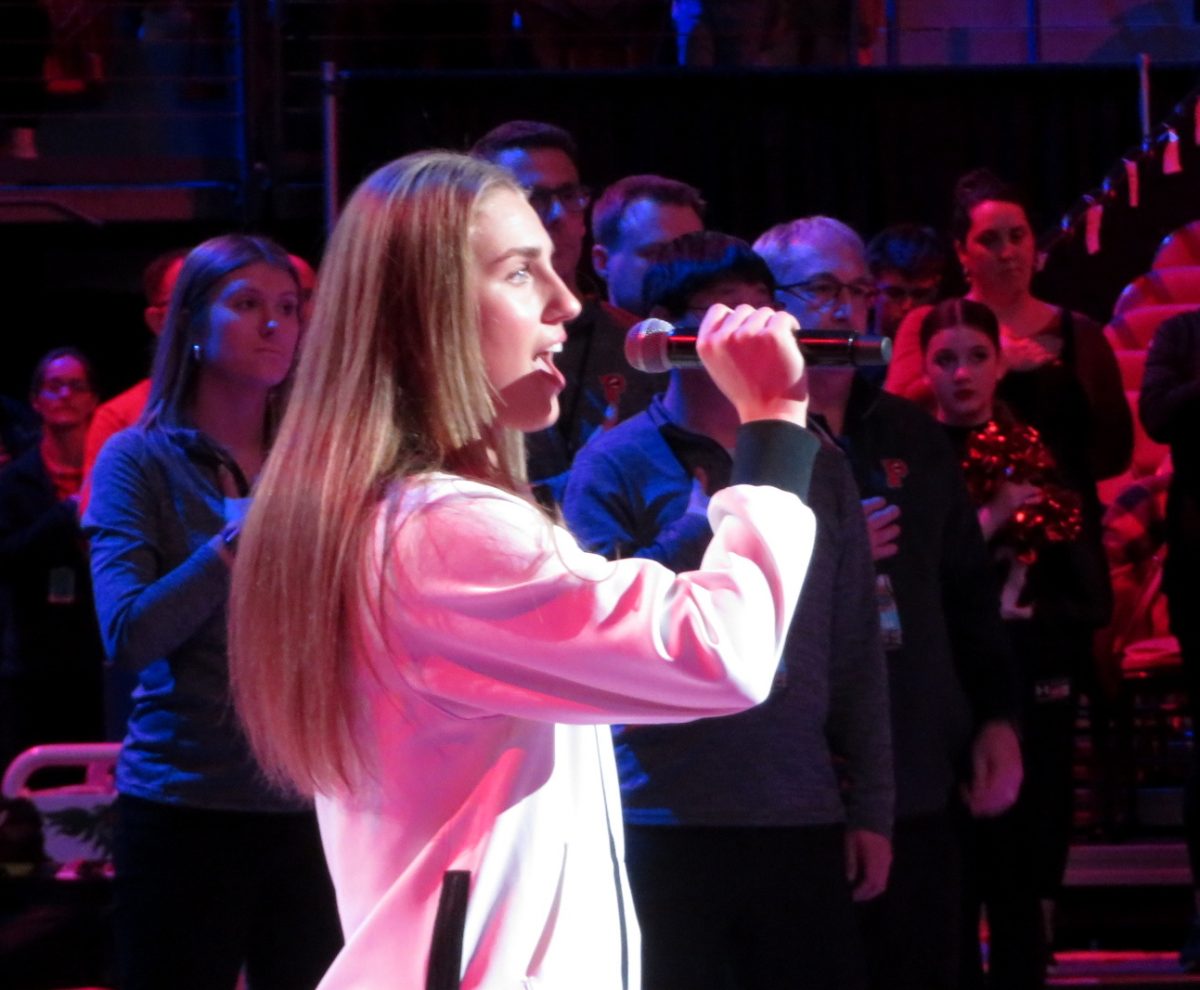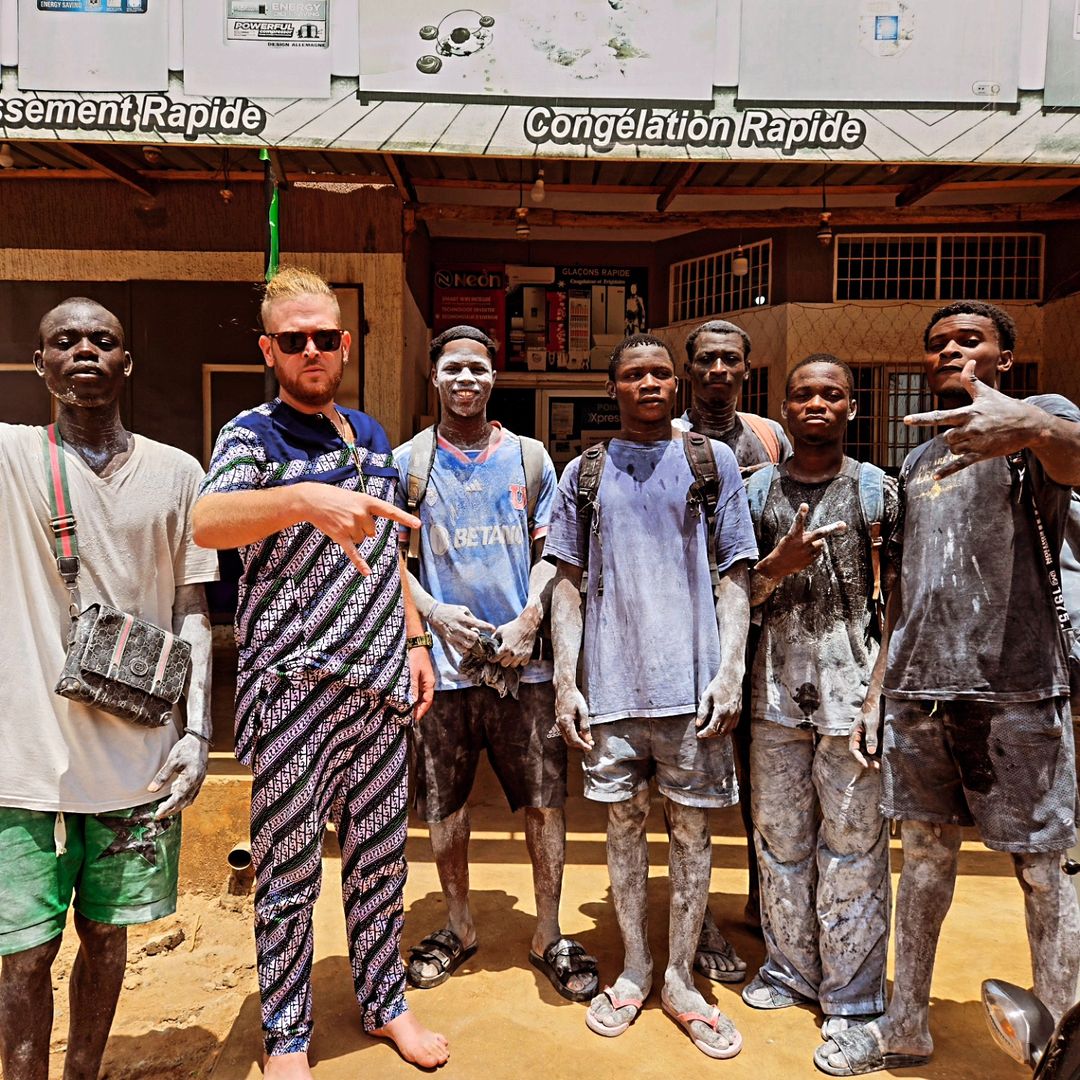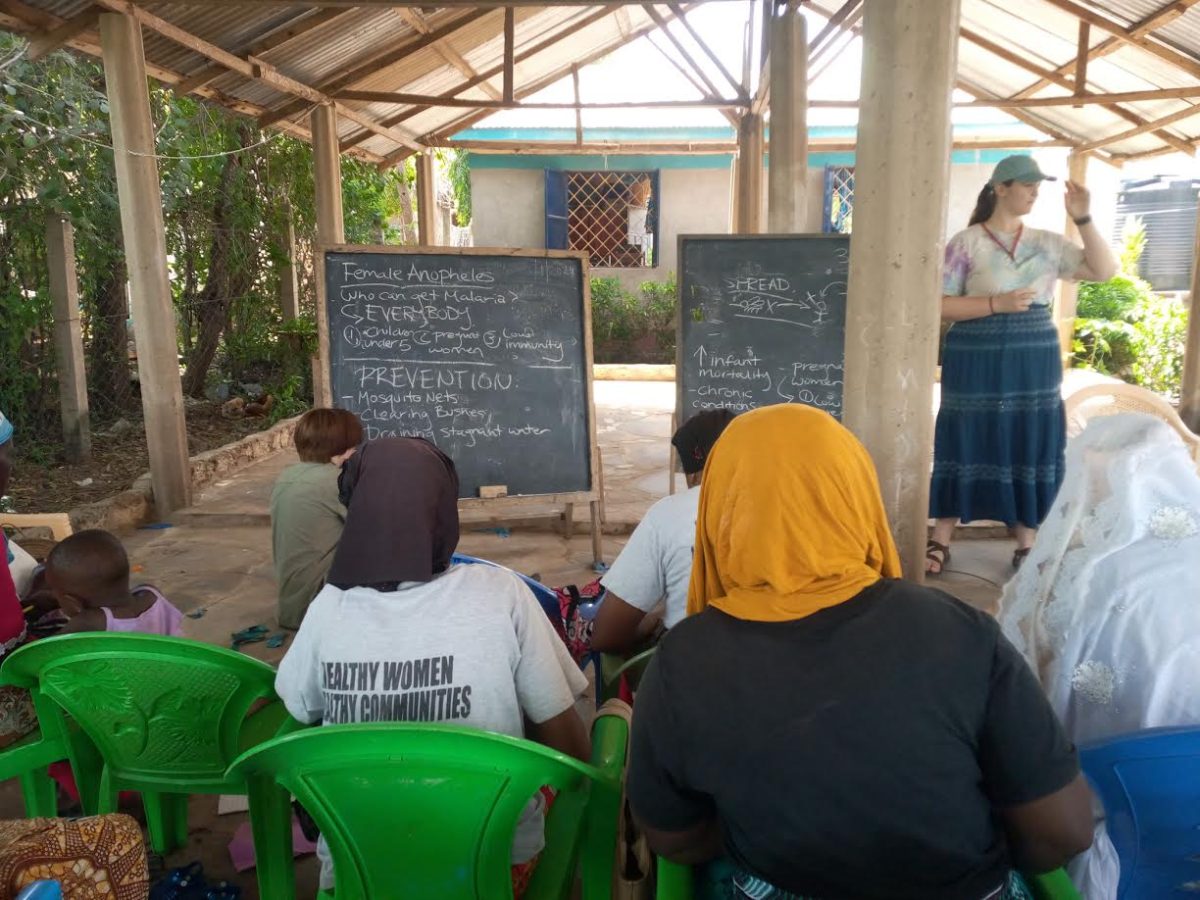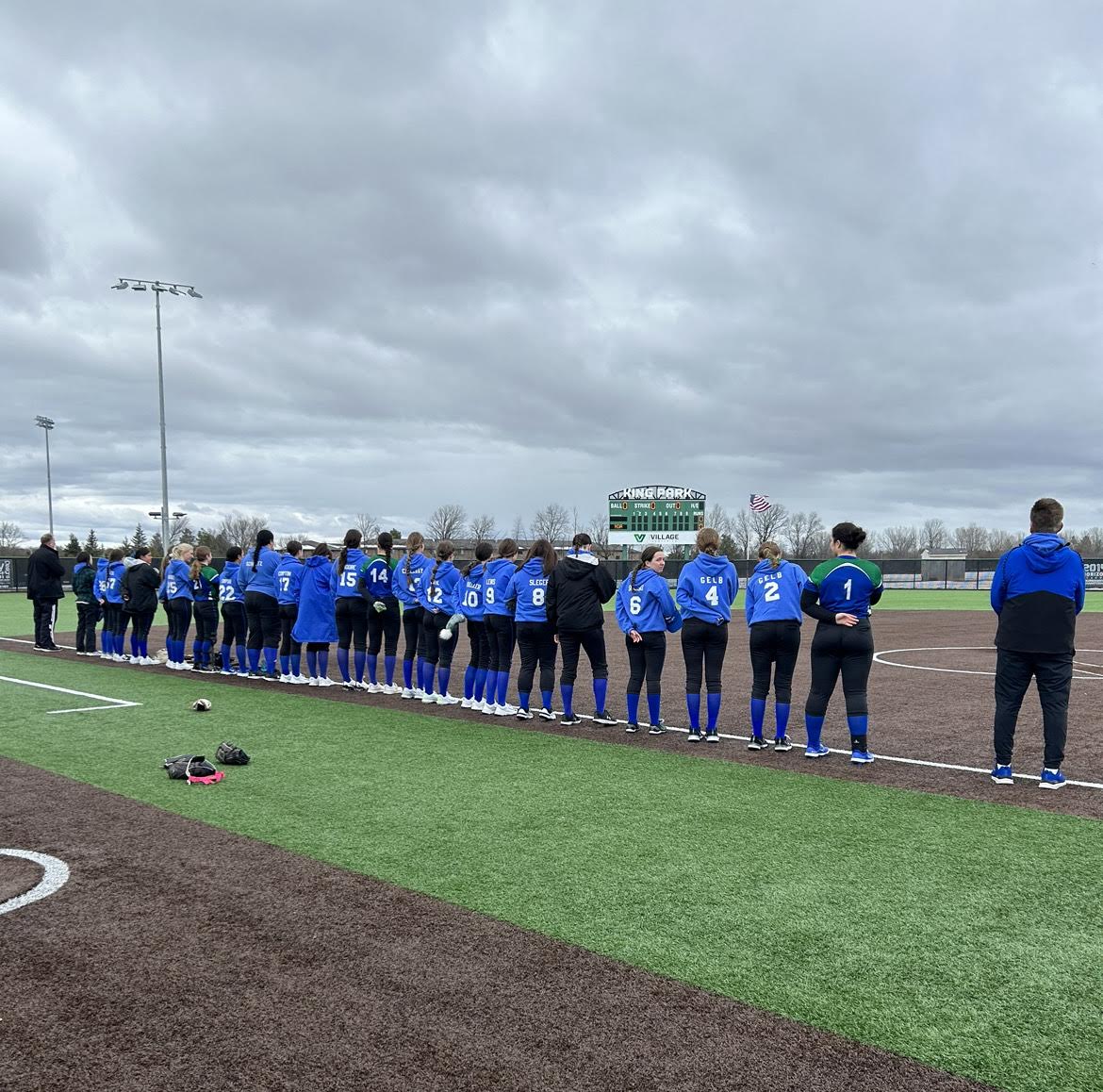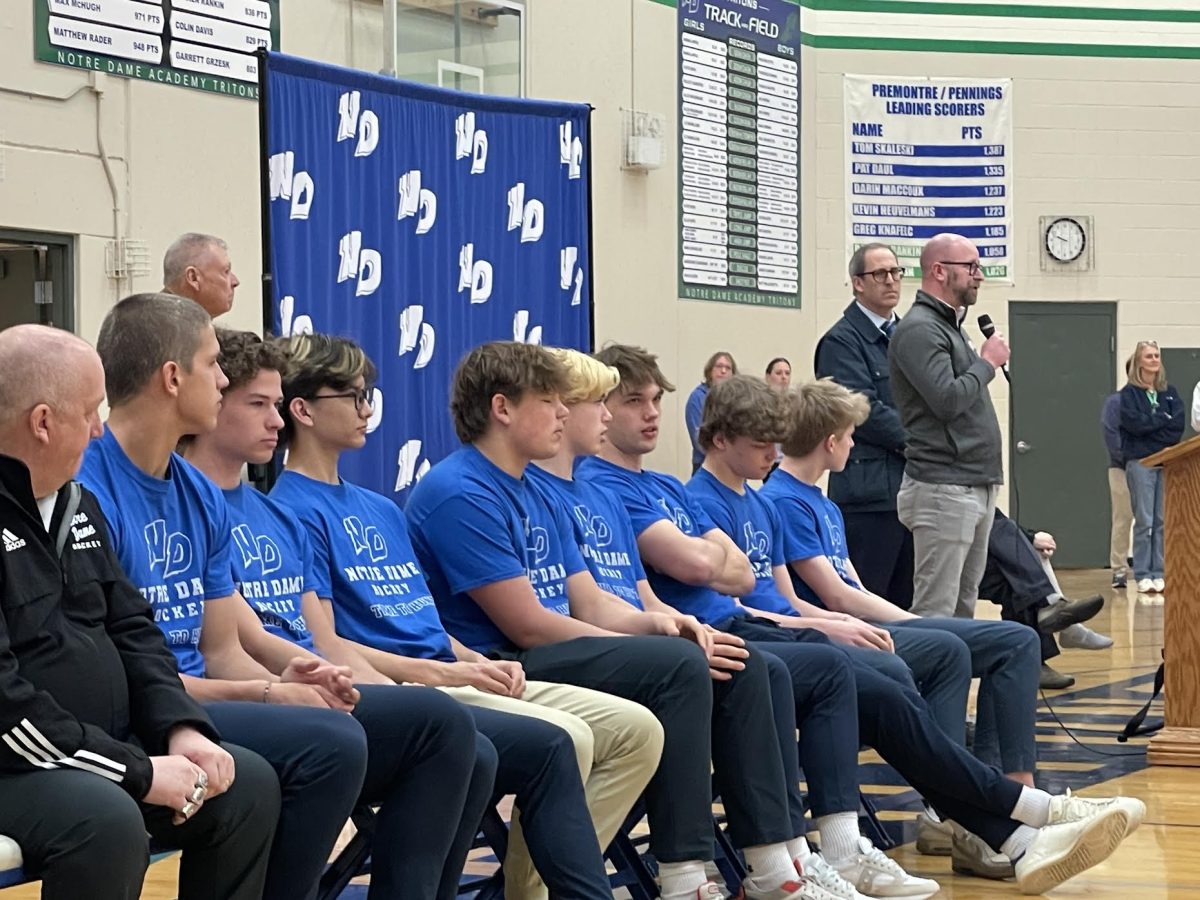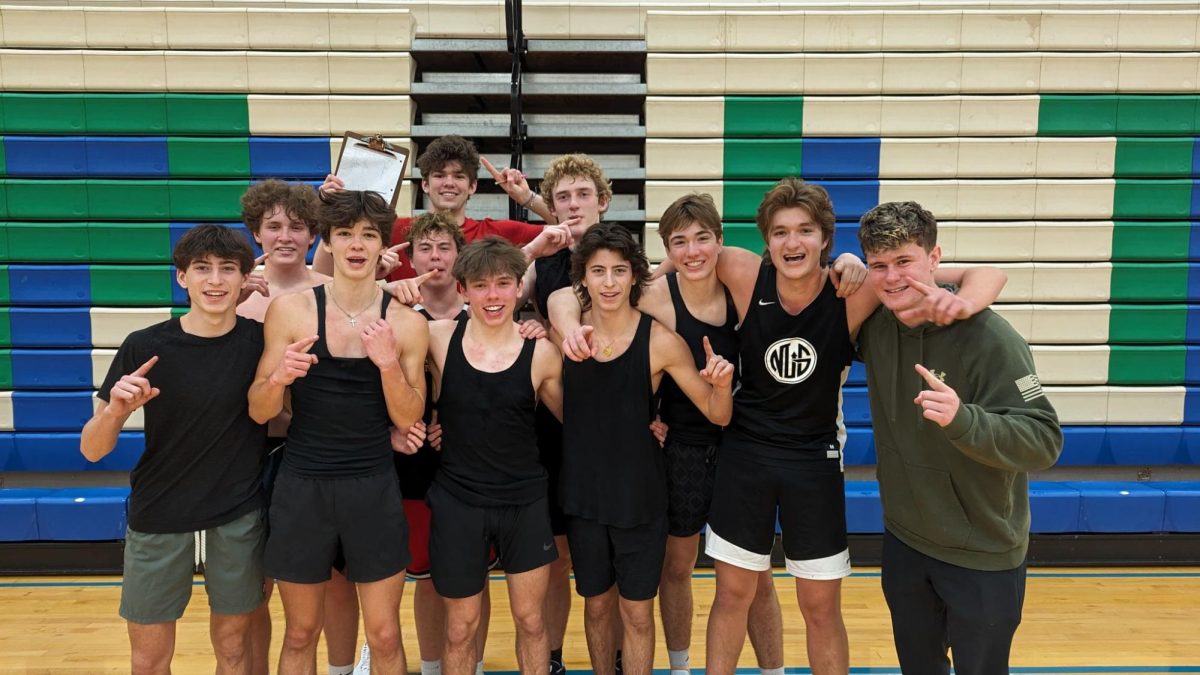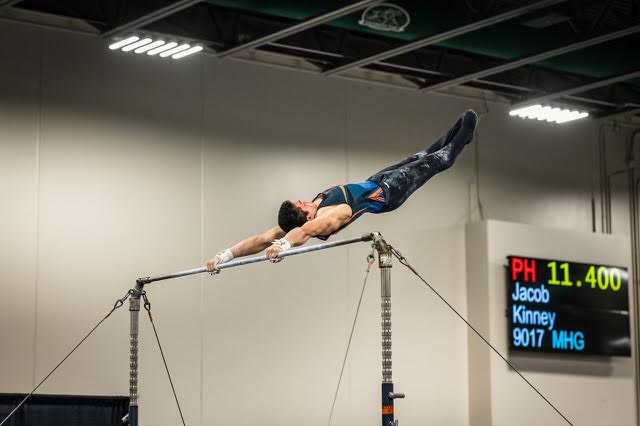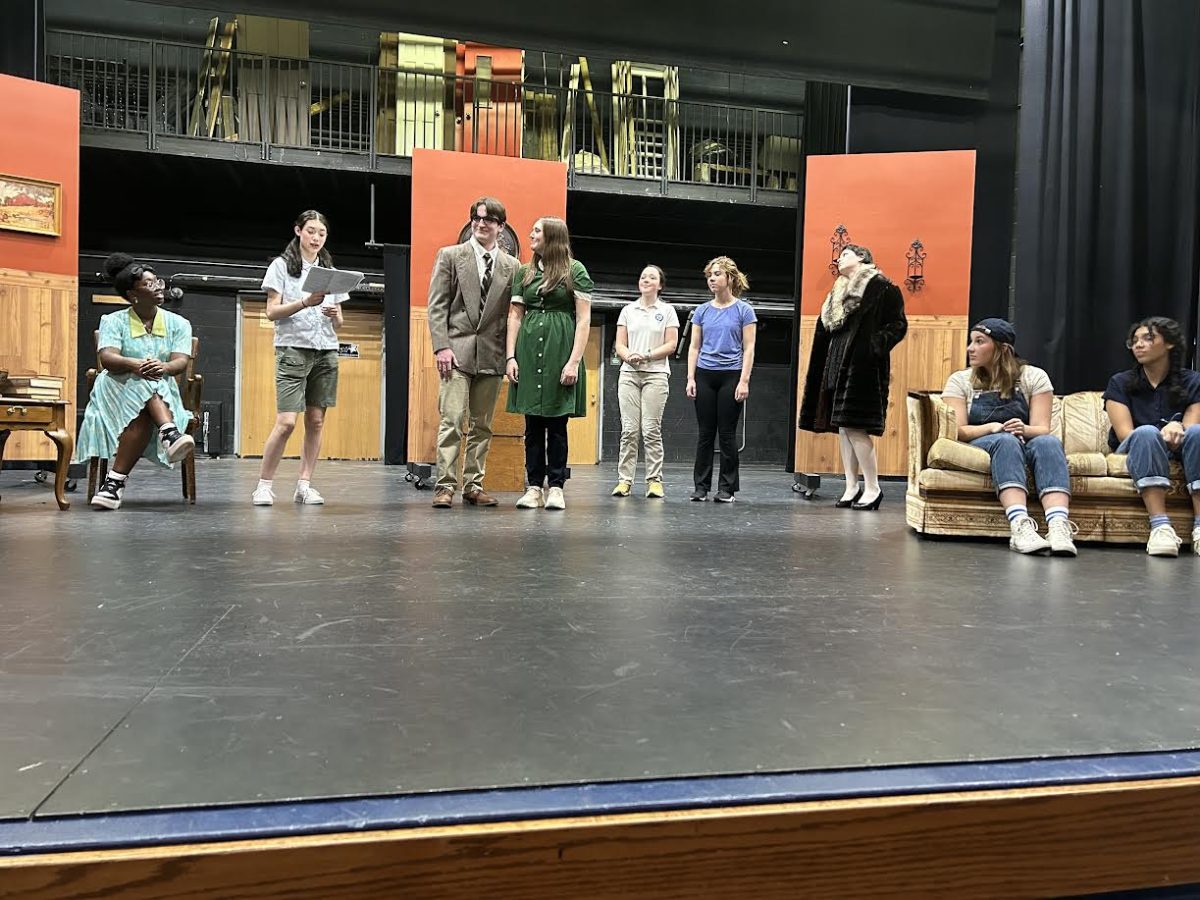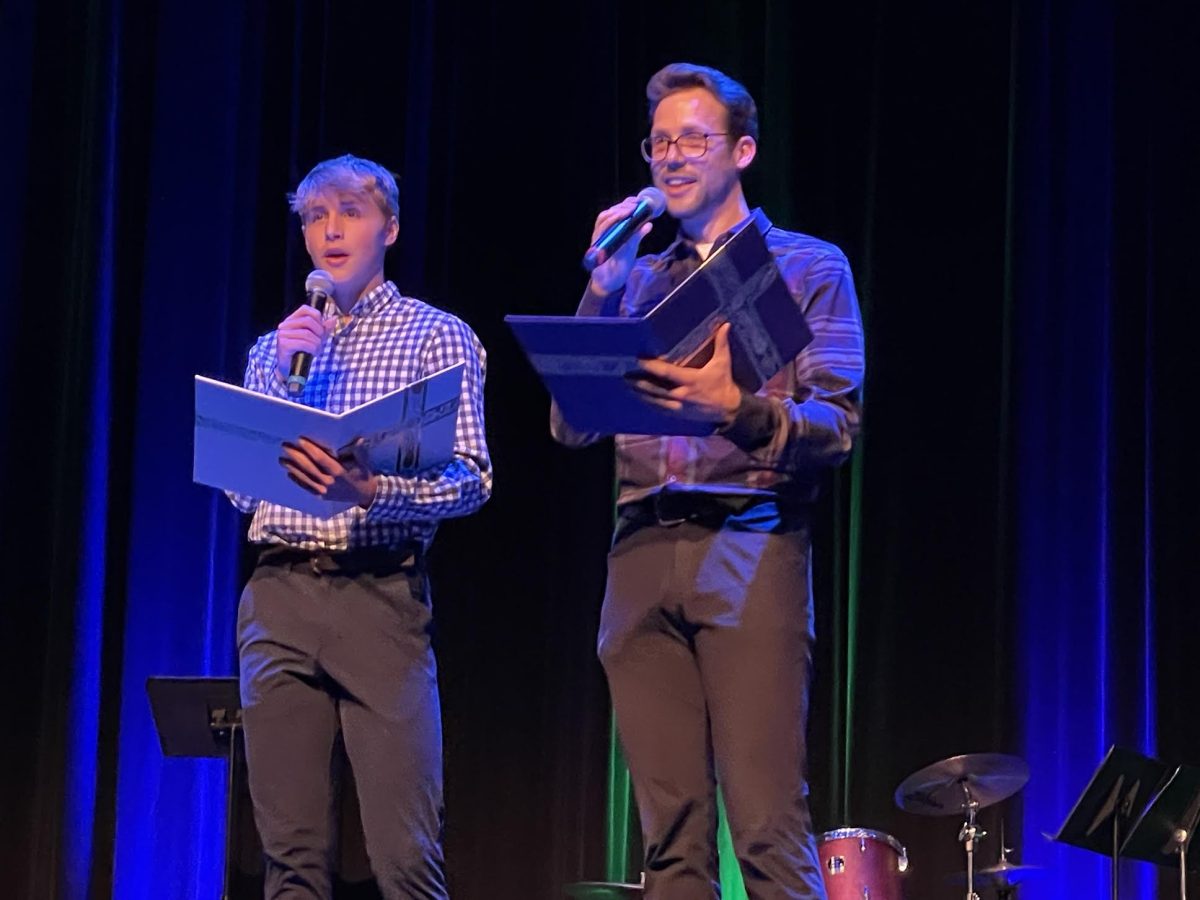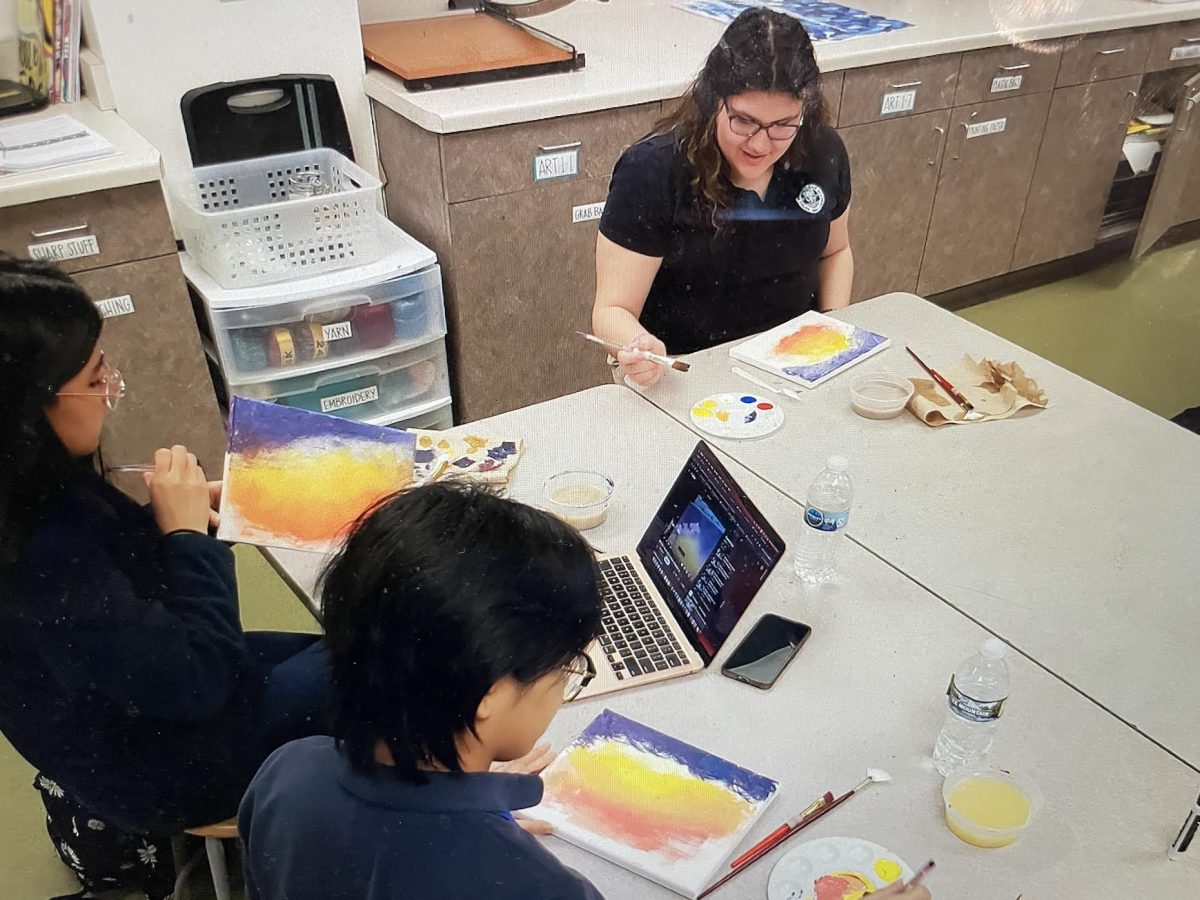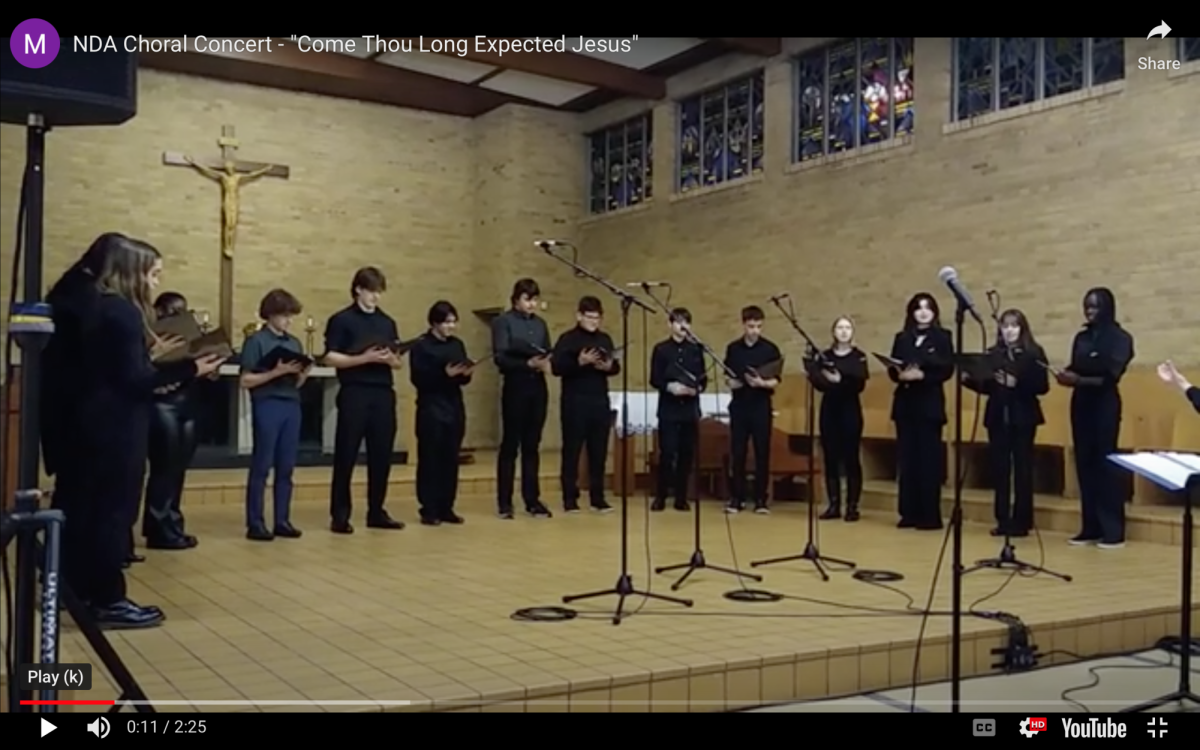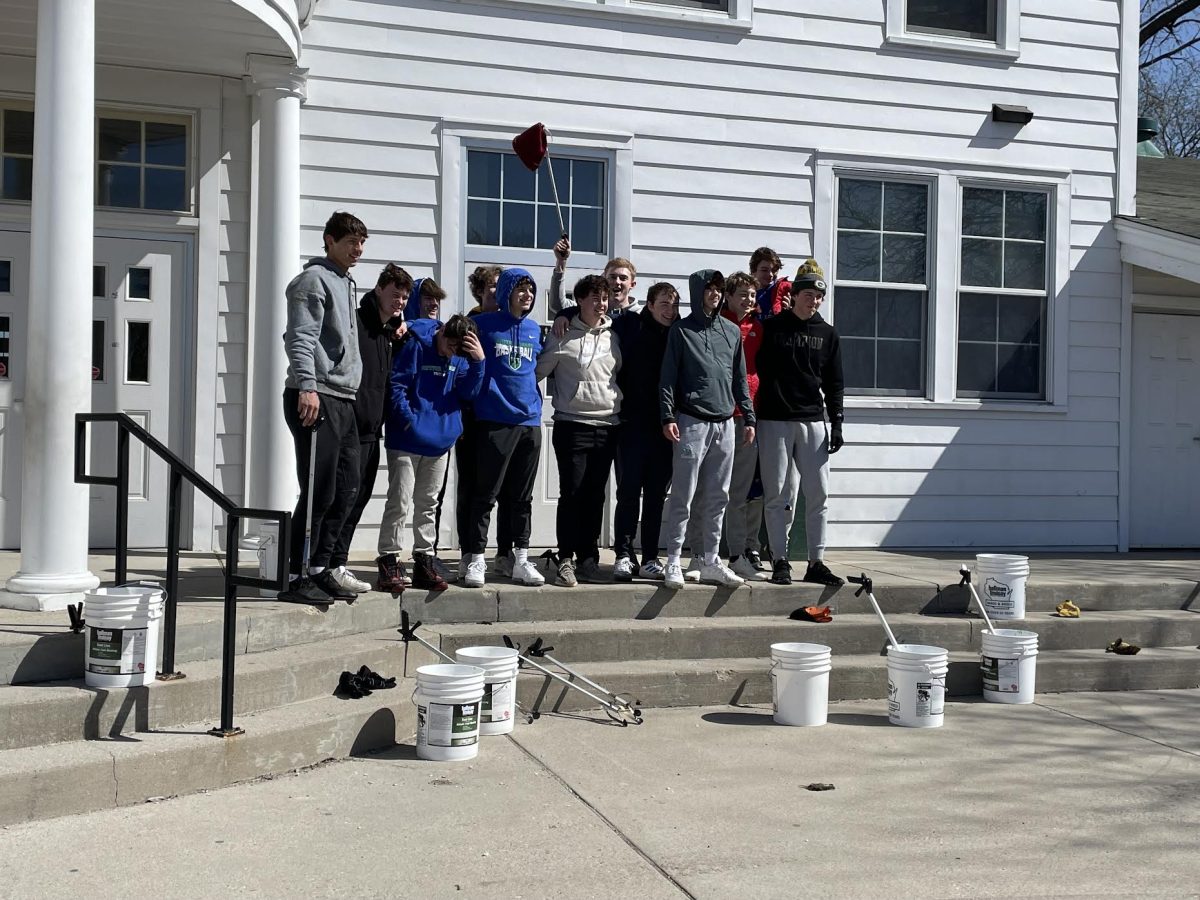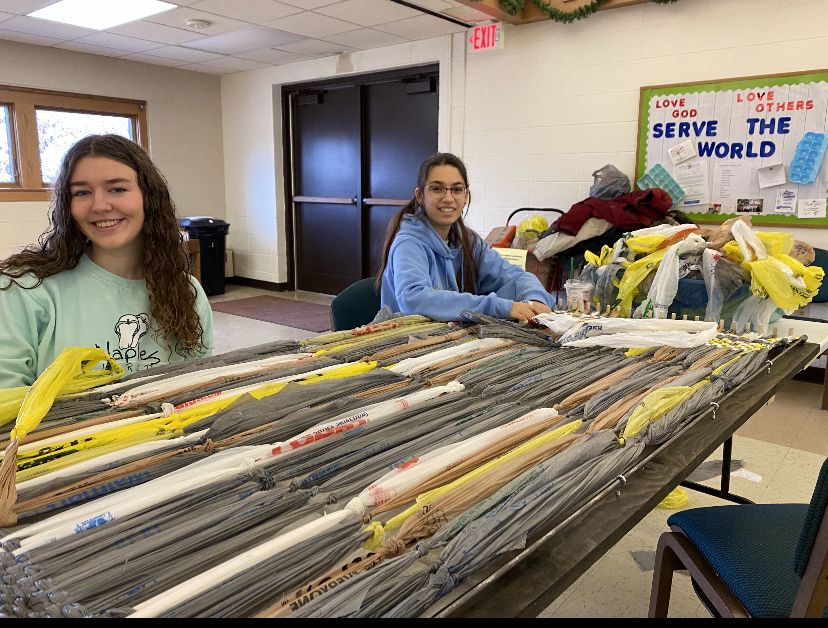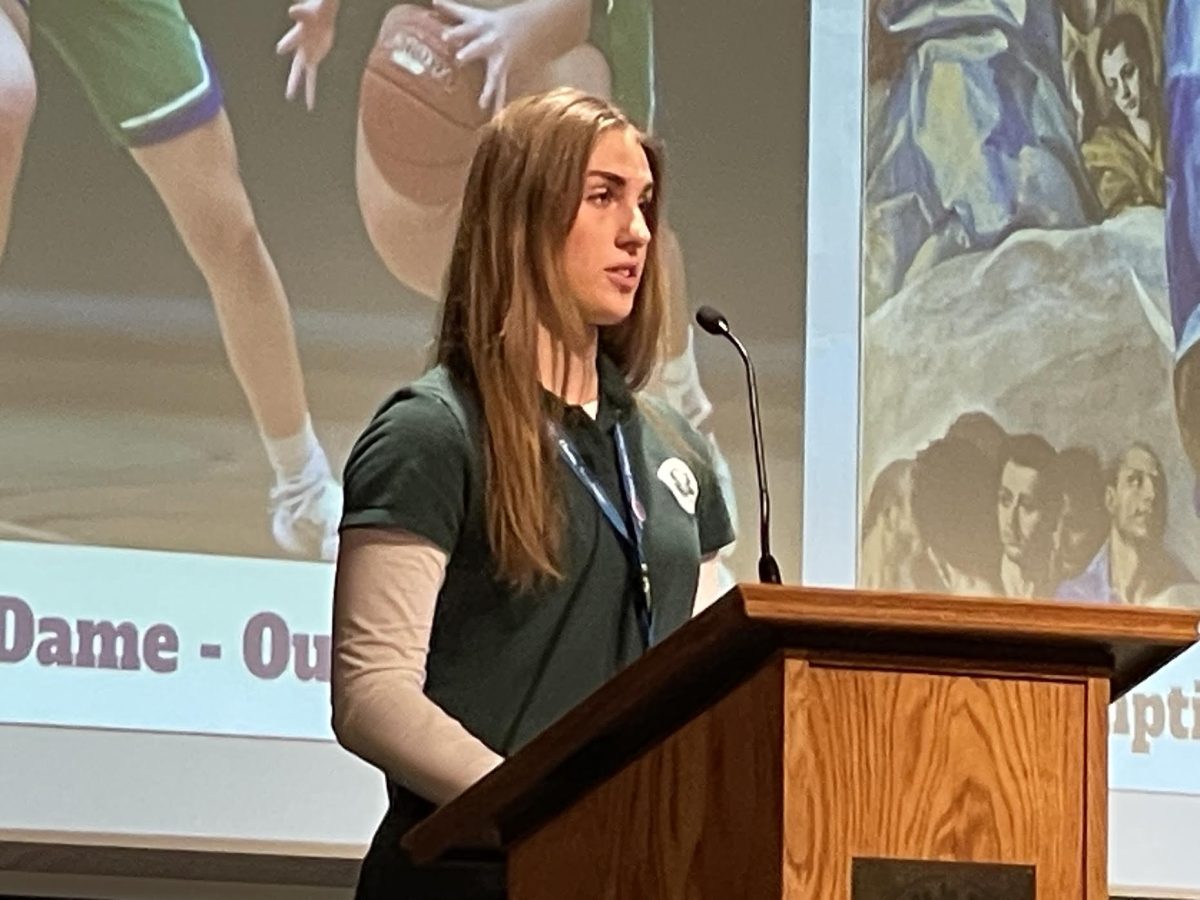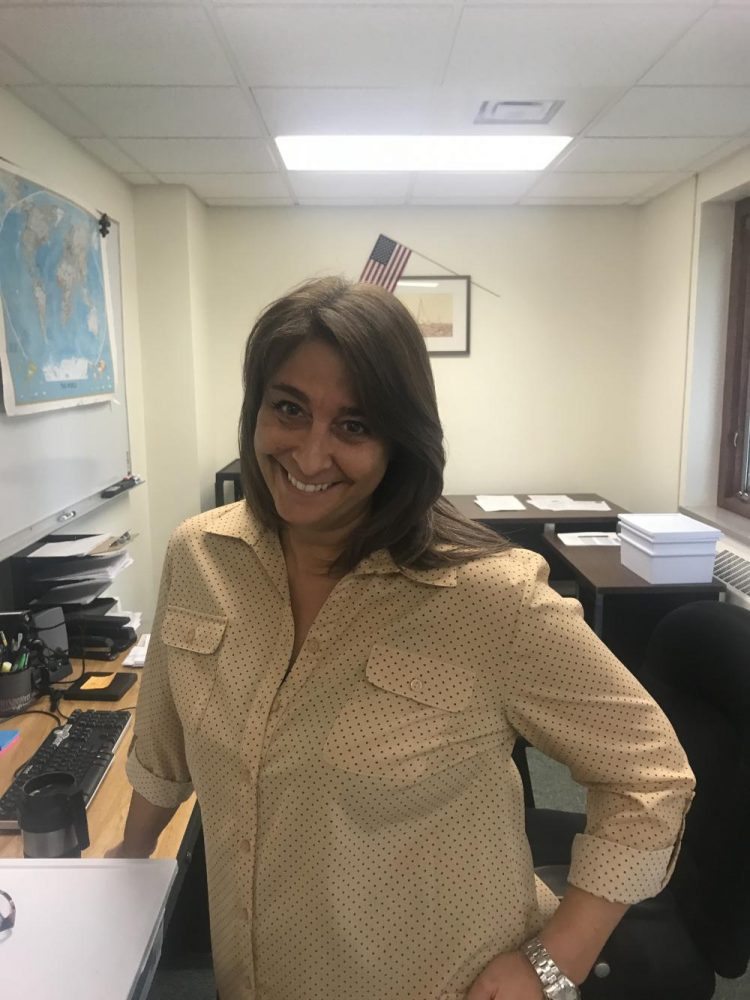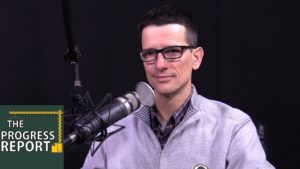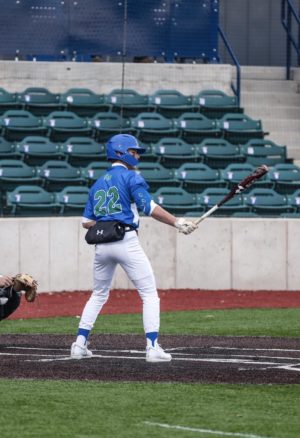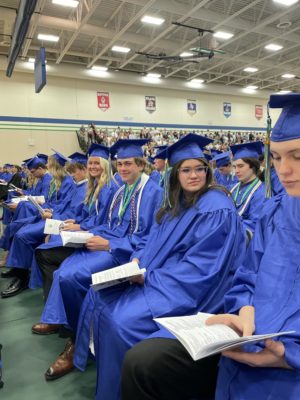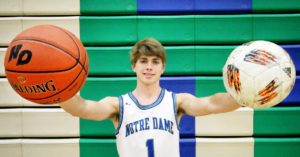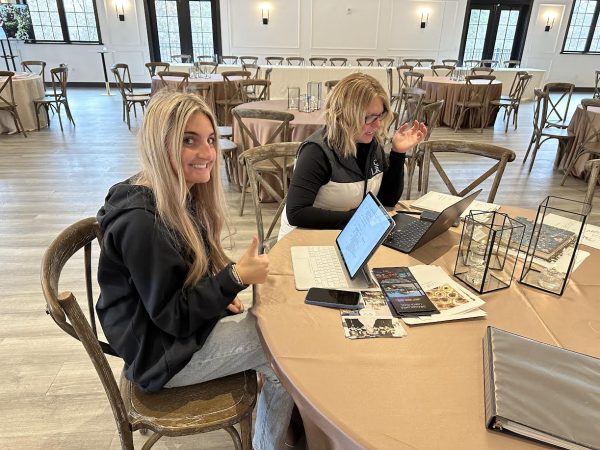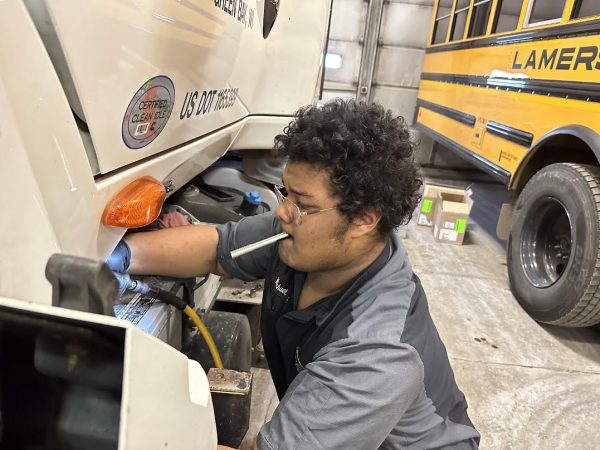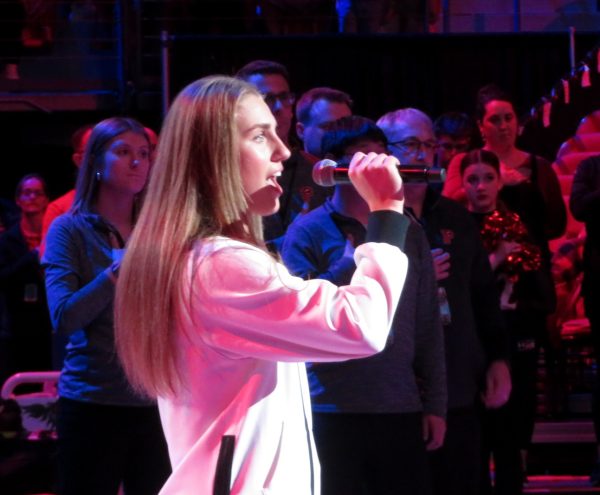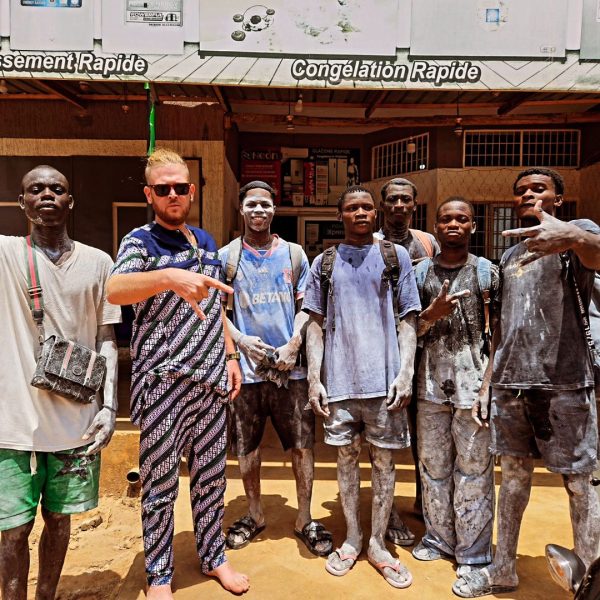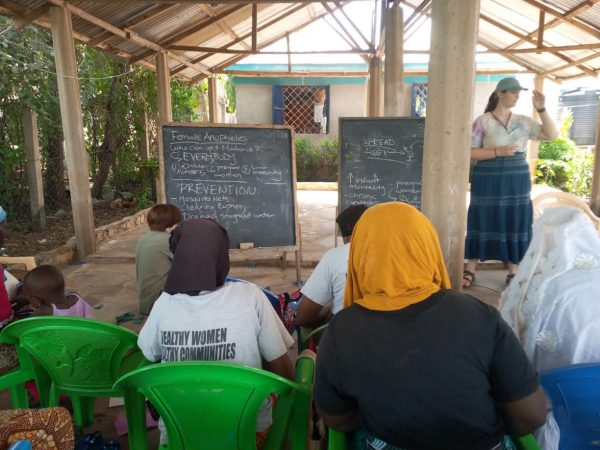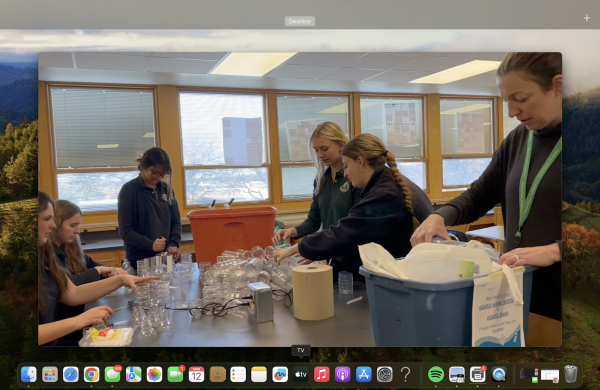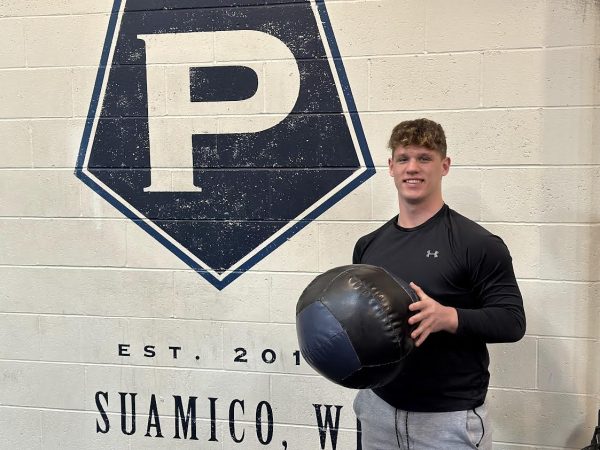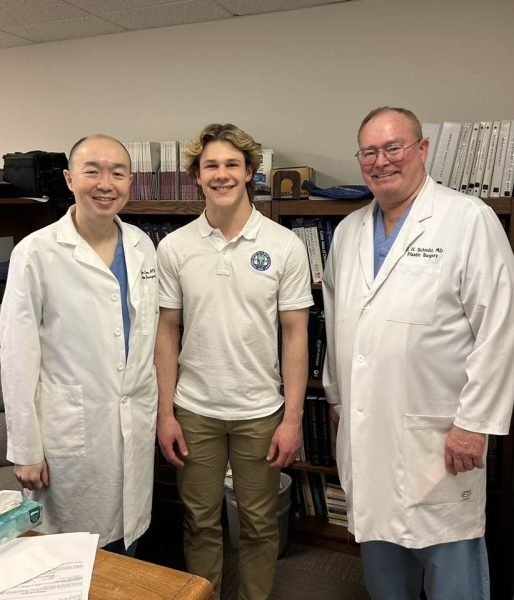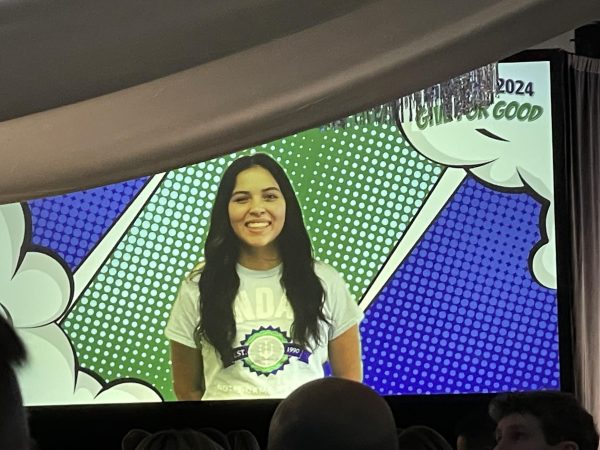New History Teacher Believes Students Need Skills, Not Just Facts
September 10, 2017
Ms. Danielle Bennett’s road to a career in education has been a long and winding one.
A Southern California native, Bennett originally attended Washington State University to pursue journalism.
However, while she was writing for the school paper in college, Bennett realized it wasn’t the right fit for her. Bennett simply “didn’t enjoy the writing style.”
After she graduated from college, Bennett began working for a publishing company. From there, a new opportunity presented itself: producing large-scale events in Seattle. She decided to pursue it.
“I was in my twenties. It was really, really fun. I produced big concerts and festivals and huge fireworks shows,” explained Bennett. “I did that for many years. Then, when I decided to move back down to California, I got hired at a software company to produce software–same skills, different product.”
However, after her move, Bennett began to doubt her path.
“I started to think, ‘What am I doing? I don’t feel like I’m fulfilling my purpose,’” said Bennett. “I just felt like I was making a bunch of money for other people. I wasn’t doing poorly for myself, but I didn’t feel like I was fulfilling my true purpose on earth.”
In her previous careers, Bennett explained that she never felt she was contributing enough to her community.
“I didn’t feel like I was really being of service,” confessed Bennett. “At some point, I reached an age where I was really feeling pulled to be of service to God, and I had to figure out how to do that. I needed to discover what was the best path to do that.”
Bennett felt the answer lay in her childhood dream: teaching.
“When I was really little, in elementary school, I wanted to be a teacher. That’s not what I went to school for, but that thought just kept coming back to me: ‘You should teach, you should teach,’” remembered Bennett. “And it was always high school–‘you should teach high school and try to help some of those kids that might need just an extra bit of help.’”
Though it was a dramatic career change, Bennett was motivated especially by two women who were true pioneers of their time, both paving their own careers and working to make a difference: her grandmother and Sandra Day O’Connor.
“I tend to think of women as role models because I think we’re still breaking down barriers in society,” Bennett described.
Bennett’s grandmother was part of the first push for female higher education. She attended university in the 1930s, at a time when very few women went to college. As a single mother of twins, she forged a career for herself in journalism, travelling and writing.
Her grandmother served as a role model to Bennett, not only career-wise but also as a woman of positivity and gratitude.
“She just made the best of a bad situation, and she made it amazing,” said Bennett. “I’m always trying not to see bad situations as bad, just as opportunities or maybe lessons to learn: how to do things better, how to do things differently.”
O’Connor, also a true female pioneer, inspired Bennett as the first female Supreme Court Justice.
“I think it was pretty amazing that Reagan nominated her for that role because, during the 80s, it was still rare to see women in power,” explained Bennett.
Furthermore, when Bennett decided to teach History and Social Studies, she was motivated by O’Connor’s tenacity and dedication to civics even beyond the Court.
Bennett added that “when she retired, [O’Connor] could have thought ‘Well, now I’ll just hang out because I’ve done the biggest thing I can do,’ but she didn’t.” Instead, the former Justice created iCivics.org, a website full of activities aimed at teaching young people how to be civically engaged.
“She realized that young people weren’t learning civics they way that they used to, and they weren’t learning that they’re responsible for their community. So she created iCivics. Its programs range from community service to voting, teaching students how to really be engaged in their community. It’s an amazing program,” said Bennett.
O’Connor’s legacy inspired Bennett to not only educate but also innovate.
“With the internet nowadays, anyone can learn anything they want–and fast,” she said. “I teach History and Social Studies, so a lot of the information is people, places, events, dates. You can look all that stuff up.”
To cope with the ever-changing world, Bennett believes in teaching skills.
“Where you find the information, how you process the information, how you work with the information–that’s more what I’m concerned with,” she explained.
Bennett hopes to teach skills that will be applicable not only in her students’ future classes, IB or otherwise, but also eventually in the hyper-fluctuating job market.
“With today’s technological advancements, there are jobs that exist now that hadn’t even been invented ten years ago. My students are going to be asked to do jobs in five or ten years, and I have no idea what they might be. I want to make sure that they have the skills to succeed in whatever path they choose.”
Bennett believes that “we’re at a really amazing place in history right now where everything is moving very quickly and a lot of doors are going to open. I want to prepare my students for that.”
Now in her first year at Notre Dame, Bennett is teaching freshmen in Intro to Social Studies (ISS) and sophomores in U.S. History and Government. She finally feels she has found her calling and is truly, finally, being of service to God.
“I was feeling this calling to serve God, so I was really looking for ways to get closer to God when I applied for the job here. The thing that has been the most meaningful for me since I’ve been here is the fact that every single morning I get to be still and quiet and I get to pray. I get to do it at my job,” Bennett said. “I don’t know anyone else that has a job that stops every morning to pray. I think that’s the absolute best thing about Notre Dame so far.”
Bennett expressed her immense thankfulness, “I live in gratitude. I’m so grateful that I get to come here everyday.”
She identified something different about her position here at NDA in comparison to her past teaching positions.
“There’s just a different feeling to the campus here, to the community here. I’ve worked at several other schools, and I’ve never felt what I feel here,” said Bennett. “I feel like I was given the most amazing opportunity by being hired at Notre Dame, and I’m going to do the absolute best job possible.”
“The staff, teachers and students here are unbelievably amazing. Everyone,” described Bennett. “The teachers are the best I’ve ever worked with and they inspire me to be better. The staff has been nothing but helpful and supportive.”
Bennett truly believes she has found her rightful place as an innovating educator. However, she sees herself not only as a teacher, but as a “continuing student.”
“I’m constantly trying to learn new technology, new methods and get to know my students in a way so that I can meet them where they are while also driving them back to where they’re going to succeed in college and in the workplace. I want to prepare students for their future,” said Bennett. “I hope to keep teaching for the rest of my working career. This is it for me.”


